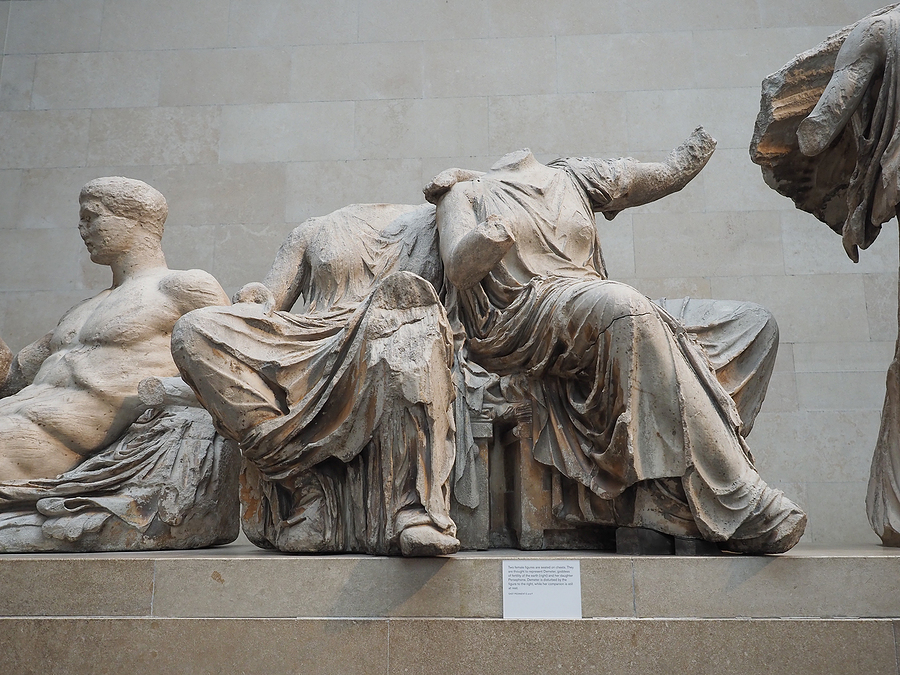Should museum artefacts be returned to their country of origin?
The Elgin Marbles may soon be displayed in Athens
With the world increasingly reassessing the ethics and effects of colonialism there are strong cases being put to museums and collections to return artefacts acquired by colonialists.
Many countries such as Egypt, Senegal and Nigeria have built new cultural museums and so arguments against repatriating items acquired by colonialists may be wearing a little thin.
The Parthenon Marbles
The Parthenon Marbles, taken from Athens by Lord Elgin over 200 years ago and sold to the British government in 1816 may soon be going home.
British diplomat Lord Elgin removed about half of the remaining sculptures from the ruins of the Parthenon between 1801 and 1805 when Greece was under Ottoman Turkish occupation and brought them to England.
The sculptures have since been the subject of a 200-year-old dispute over ownership between Athens and London – Greece argues the sculptures were taken illegally and should be returned for permanent display.
Current British law prevents the removal of historical artefacts from the British Museum, but chairman of the British Museum, ex-Chancellor George Osborne is said to have negotiated a long-term loan deal which would see some of the Marbles returned to Athens in return for other ‘cultural artefacts’.
The Benin Bronzes
The 5,000 or so artefacts known as the Benin Bronzes, mostly created in the 13th to 16th centuries were looted by British colonial troops from Benin City in 1897. Benin City is now southwest Nigeria.
Increasingly, however, heritage experts believe they should be returned to their place of origin and so London’s Horniman Museum announced in August 2022 that it’ll hand ownership of its 72 bronzes to Nigeria. There is now pressure on other museums to follow suit.
Some believe artefacts shouldn’t be returned
Some curators feel that antiquities such as the Benin Bronzes should be considered part of a shared, global heritage rather than the property of a single nation. They believe the job of protecting, displaying and loaning them should go to those best placed to handle this responsibility.
Museums play a huge role in preserving artworks and some could argue that Britain has looked after these objects and potentially saved them from destruction.
Culture Secretary Michelle Donelan in December said:
‘There are some people that are strongly advocating to return some of these items permanently. The current law does not allow that, it should be acknowledged.
‘I can completely understand the position that they are taking and I can sympathise with some of the argument. But I do think that is a very dangerous and slippy road to embark down.’
The Culture Secretary added that Britain had ‘taken great care’ over artefacts held in the country’s museums ‘for decades’ and had conducted ‘considerable’ research into historical items.
She told the committee: ‘Once you start giving one back, where does that end?
‘It’s also very difficult to know who to give these things back to. We’re talking about very ancient items in many respects. There are certain examples where it is not clear over exactly who the owners are. And others where I would argue it is more clear that we have a direct link to ownership.”
What do you think? Do you believe that artefacts, where ownership can be proved, should be returned? Or do you think that it is a slippery slope and British museums in particular are best placed to look after these items?




















